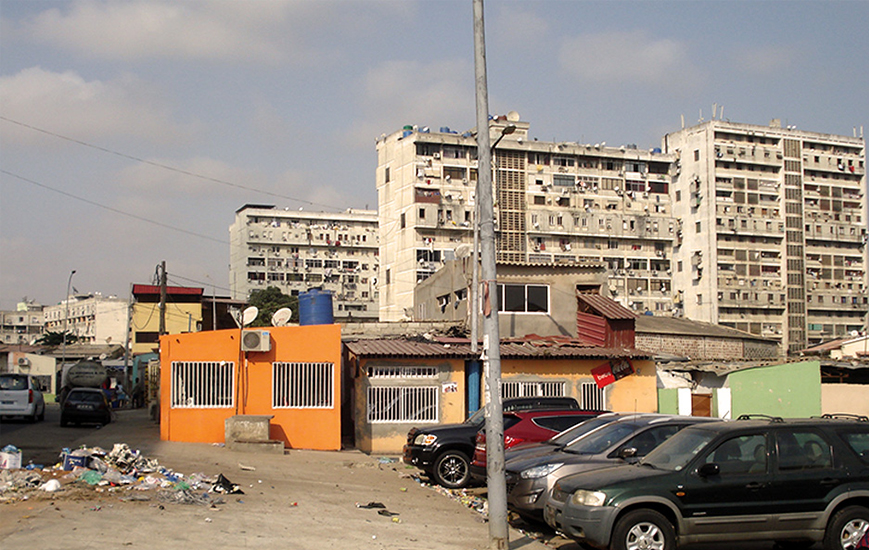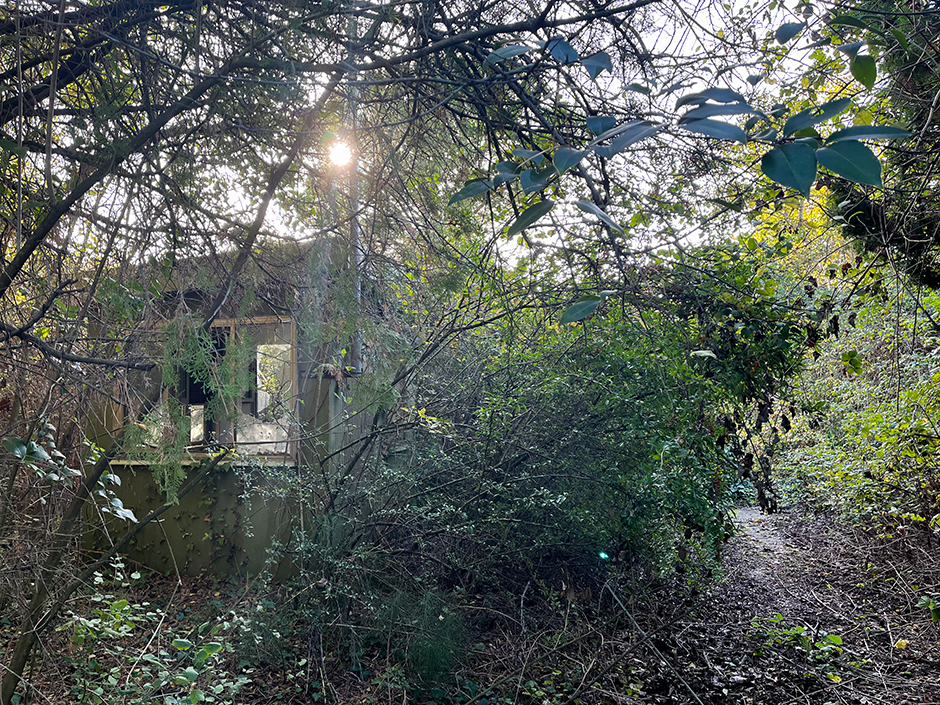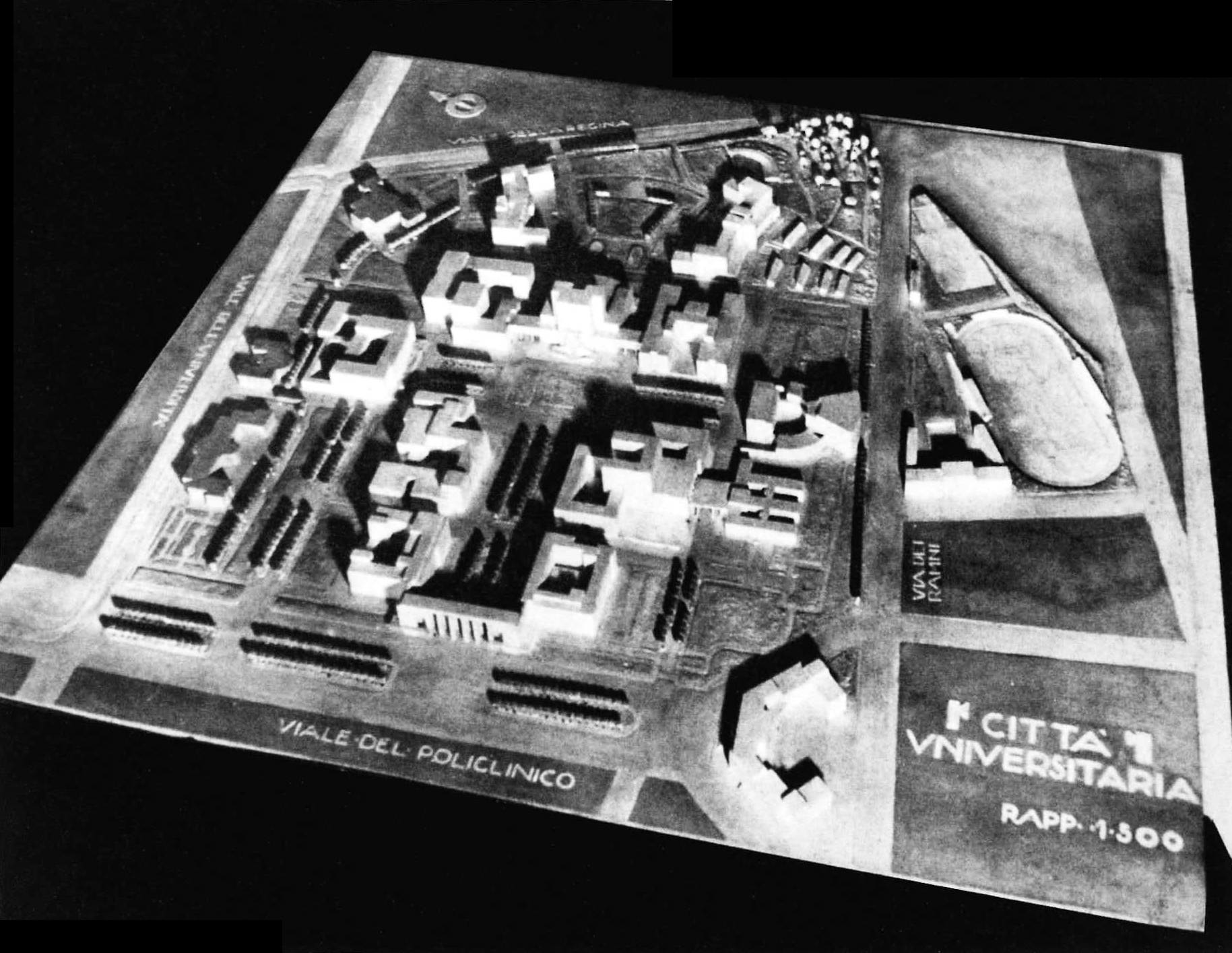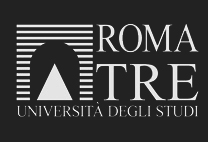Reading Chester to London: 5 Km/h
Leggere da Chester a Londra: 5Km/h
Azzurra Muzzonigro
This piece of Site-Reading[1] (Rendell, 2010) starts in Chester on the 23rd of March 2013 and ends in London on the 3rd of May 2013. It consists of a 15 minutes video, which performs the action of reading the distance between Chester and London, plus this commentary to complement it. The two pieces are meant to work together as a whole, accompanying the reader/watcher into this journey in space and time. 5 Km/h is the speed at which the land changes around us as we cruise along the English canals between Chester and London. Speed, with its accelerations, decelerations and stops, in form of a travel on a narrowboat along the canals of England, is the means by which we came to question the nature of progress by observing the stratification of landscapes and organizational structures it has created in a specific site: a diagonal slice cutting England from north-west to south-east across the midlands.
Questo pezzo di Site-Reading (Rendell, 2010) inizia a Chester il 23 marzo 2013 e si conclude a Londra il 3 maggio 2013. Si compone di un video di 15 minuti, che performa l’azione di leggere la distanza tra Chester e Londra, e di questo commento ad integrare il video. I due pezzi sono pensati per lavorare insieme nell’accompagnare il lettore/spettatore in questo viaggio nello spazio e nel tempo. 5 km/h è la velocità alla quale la terra cambia intorno a noi, mentre viaggiamo lungo i canali inglesi tra Chester e Londra. La velocità, con le sue accelerazioni, decelerazioni e fermate, nella forma di un viaggio su una narrowboat lungo i canali d’Inghilterra, è il mezzo con cui siamo venuti a mettere in discussione la natura del progresso osservando la stratificazione dei paesaggi e delle strutture organizzative che ha creato in un luogo specifico: una fetta diagonale che taglia l’Inghilterra da nord-ovest a sud-est attraverso le Midlands.
Azzurra Muzzonigro (Rome, 1983) is an Architect, graduated from the faculty of Architecture of the Universita ‘degli Studi Roma Tre. She is currently attending the PhD in Politiche Territoriali e Progetto Locale at the Department of Architecture of Università Roma Tre, with the research: “Perform the Threshold: spaces and practices of encounter”. Her interests focus on the comprehension of emerging urban phenomena, the informal practices of living and their relationship with the formal context. As an architect she is interested in the participation of communities, towards the collective active transformation of social relations and the urban spaces.
Azzurra Muzzonigro (Roma, 1983) è un architetto, laureata presso la facoltà di Architettura della Universita ‘degli Studi Roma Tre. Attualmente sta frequentando il dottorato di ricerca in Politiche Territoriali e Progetto Locale presso il Dipartimento di Architettura della Università Roma Tre, con la ricerca: “Performare la Soglia: spazi e pratiche di incontro”. I suoi interessi si concentrano sulla comprensione dei fenomeni urbani emergenti, le pratiche informali di vita e il loro rapporto con il contesto formale. Come architetto si è interessato alla partecipazione delle comunità, verso la trasformazione attiva collettiva di relazioni sociali e gli spazi urbani.
[1] Site-Reading is a writing technique introduced by Jane Rendell as a critical spatial practice in her book Site-Writing: The Architecture of Art Criticism, Tauris, London, 2010.











